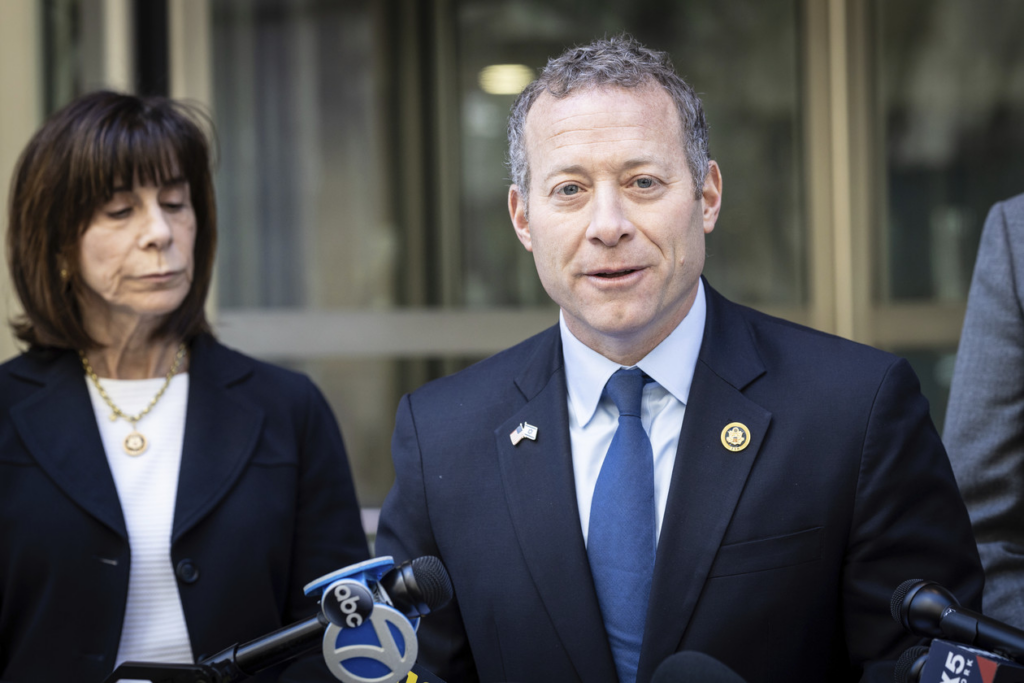AIPAC’s extensive involvement in U.S. elections and policy-making raises legitimate concerns about whether it should register as a foreign agent under the Foreign Agents Registration Act (FARA). AIPAC has formed its own political action committees that are spending record amounts to influence election outcomes in favor of candidates supporting Israeli government policies, even those at odds with American interests.
This wouldn’t be the first time nor will it be the last for such an action to be taken. AIPAC’s predecessor organization was previously ordered to register due to being funded by the quasi-governmental Jewish Agency in Israel.

House Speaker Mike Johnson, for instance, received a check for $95,000 when he sponsored a bill that gave Israel $14 billion in military aid at a time when President Biden was calling for an end to the war in Gaza. Many in America and the world view this as a bribe, as Johnson likely wouldn’t have received that check if he weren’t the Speaker at the time.
In 1938, Congress enacted the Foreign Agents Registration Act (FARA), requiring “foreign agents” to register with the Attorney General. As amended over the years, it applies broadly to anyone who acts on behalf of a “foreign principal” to, among other things, influence U.S. policy or public opinion. Since AIPAC’s primary goal is to influence election outcomes in favor of candidates supporting Israeli government policies, even those at odds with American interests, it should be required to register under FARA immediately.

Candidates who receive money through AIPAC fit into one of a few categories. There are staunchly pro-Israel Democrats like Rep. Josh Gottheimer. | Stefan Jeremiah/AP
Why AIPAC Should Register
- Transparency and Accountability: Registering under FARA would bring much-needed transparency to AIPAC’s activities. It would require AIPAC to disclose its funding sources and activities, ensuring that American policymakers and the public are aware of the foreign influences shaping U.S. policy decisions.
- Preventing Undue Influence: By registering as a foreign agent, AIPAC would be subject to stricter regulations that could help prevent undue influence over American elections and policies. This step would safeguard U.S. democracy from external manipulation.
- Historical Precedent: The call for AIPAC to register isn’t unprecedented. Its predecessor was required to register due to funding from the Jewish Agency in Israel, demonstrating that there are established grounds for such a requirement.
- Promoting Integrity in Politics: The involvement of large sums of money from foreign interests in U.S. politics can undermine public trust. Requiring AIPAC to register would promote greater integrity and reduce the perception of corruption in the political process.
- Alignment with American Interests: Ensuring that foreign entities register under FARA helps align U.S. policy-making more closely with American interests rather than those of foreign governments. This is particularly important when foreign policy decisions have significant implications for national and global security.
Conclusion
The time to end corruption in politics is now. AIPAC’s significant influence on U.S. elections and policy-making, coupled with substantial financial contributions to key policymakers, raises serious concerns about the integrity of American democracy. By requiring AIPAC to register as a foreign agent under FARA, the U.S. can enhance transparency, prevent undue foreign influence, and promote a political environment that prioritizes American interests and democratic values.


Leave a Reply
You must be logged in to post a comment.